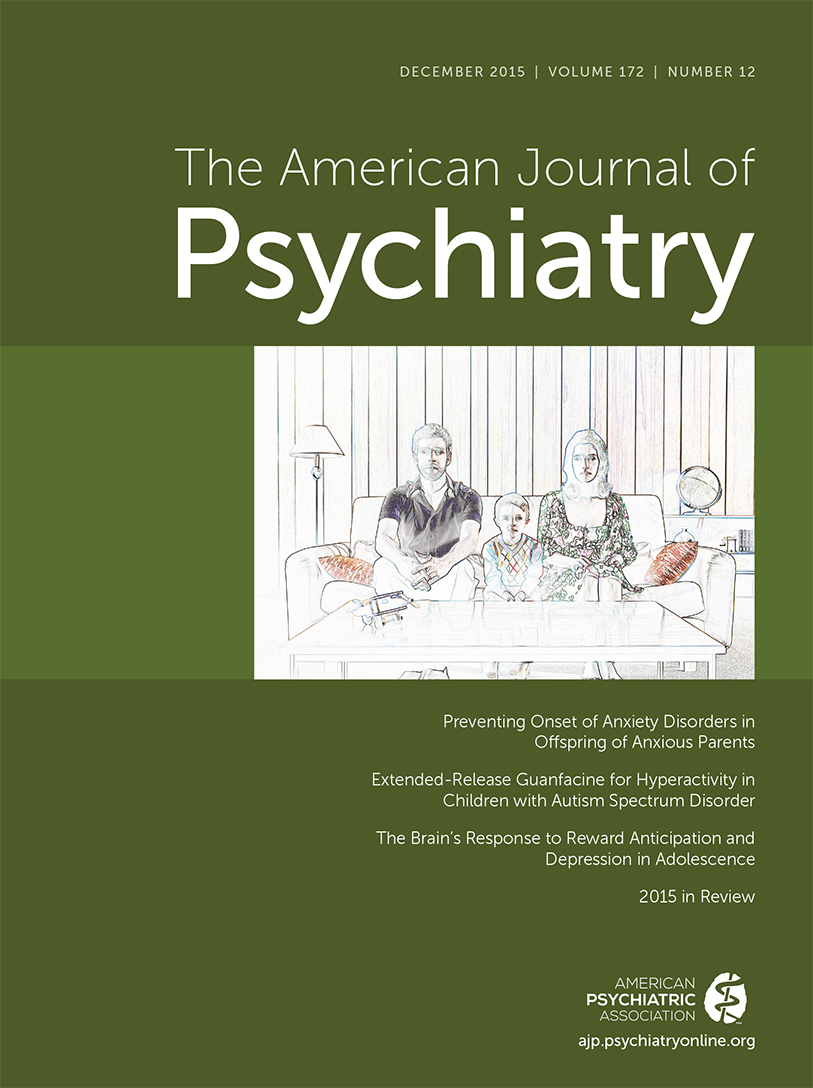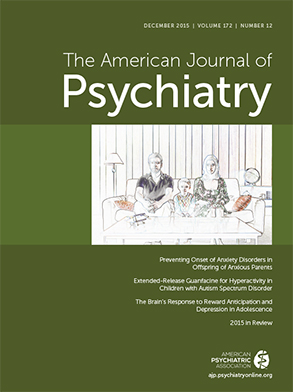Management of Alcohol Use Disorder in Patients Requiring Liver Transplant
A woman with alcohol use disorder presents with jaundice, enlargement of the abdomen, severe fatigue, and malaise.
Alcohol Use Disorder
Epidemiology of Alcohol Use Disorder
Diagnosis and Evaluation of Alcohol Use Disorder
Alcoholic Liver Disease
Role of Liver Transplantation in Treating End-Stage Liver Disease in Patients with Alcohol Use Disorder
General Indication for Orthotopic Liver Transplant
Patients With Alcohol Use Disorder and End-Stage Liver Disease: Referral for Liver Transplant
Gender Differences in Waiting List Enrollment and Transplantation That Are Relevant to Management of Alcohol Use Disorder
Pretransplant Psychiatric Assessment
Management of Patients with Alcohol Use Disorder Who are Candidates for Liver Transplant
Management of Alcohol Detoxification in End-Stage Liver Disease
Psychosocial Treatment to Promote Abstinence and Prevent Relapse
Pharmacological Treatment to Promote Abstinence and Prevent Relapse
| Medication | Dosage | Pharmacological Target(s) or Action | Metabolism/ Excretion | Consider for Use | Additional Information |
|---|---|---|---|---|---|
| FDA approved for alcohol use disorder | |||||
| Disulfiram | 250–500 mg q.d. | Acetaldehyde dehydrogenase inhibitor | Hepatic/hepatic | No | “Disulfiram reaction” within 15 minutes from alcohol ingestion: flushing, headache, nausea, vomiting, sweating, thirst, palpitations, etc. |
| Naltrexone | 50 mg p.o. q.d.;380 mg i.m. monthly | μ-Opioid receptor antagonist | Hepatic/renal | No | Possible liver toxicity limits use in end-stage liver disease. Caution if given with opioid medication, as it precipitates withdrawal |
| Acamprosate | 666 mg t.i.d. | Unclear (possibly NMDA agonist) | Minimal/renal | Yes | |
| Not FDA approved for alcohol use disorder | |||||
| Topiramate | 300 mg q.d. | Several targets (GABAA, AMPA/kainite glutamate, Ca and Na channels) | Hepatic/renal | Possibly | Caution especially in end-stage liver disease patients with hepatic encephalopathy |
| Ondansetron | 1–16 μg/kg b.i.d. | 5-HT3 antagonist | Hepatic/renal | Possibly | Reported hepatotoxicity, although relationship with ondansetron cannot be clearly determined |
| Baclofen | 10 mg t.i.d.; 20 mg q.i.d. max | GABAB receptor agonist | Minimal/renal | Yes | Formally tested in a randomized clinical trial in patients with alcohol use disorder and liver cirrhosis (see text for details) |
| Gabapentin | 900–1800 mg q.d. | Unclear (possibly modulates GABA transmission) | Minimal/renal | Yes | |
| Varenicline | 2 mg q.d. | Nicotinic acetylcholine receptor partial agonist | Minimal/renal | Yes | FDA approved for smoking cessation (see text for the importance of addressing smoking in liver transplant) |
Special Issues in Patients with Alcoholic Liver Disease and Liver Transplant
Smoking Cessation Treatment
Effect of Liver Transplant on Mental Health and Drinking Outcomes
Viral Complications in End-Stage Alcoholic Liver Disease and the Effect on Transplant Outcomes
Encephalopathy, Cognitive Fluctuations, Psychotropic Dosing
Conclusions
Acknowledgments
Footnote
References
Information & Authors
Information
Published In
History
Authors
Competing Interests
Funding Information
Metrics & Citations
Metrics
Citations
Export Citations
If you have the appropriate software installed, you can download article citation data to the citation manager of your choice. Simply select your manager software from the list below and click Download.
For more information or tips please see 'Downloading to a citation manager' in the Help menu.
View Options
View options
PDF/EPUB
View PDF/EPUBLogin options
Already a subscriber? Access your subscription through your login credentials or your institution for full access to this article.
Personal login Institutional Login Open Athens loginNot a subscriber?
PsychiatryOnline subscription options offer access to the DSM-5-TR® library, books, journals, CME, and patient resources. This all-in-one virtual library provides psychiatrists and mental health professionals with key resources for diagnosis, treatment, research, and professional development.
Need more help? PsychiatryOnline Customer Service may be reached by emailing [email protected] or by calling 800-368-5777 (in the U.S.) or 703-907-7322 (outside the U.S.).

